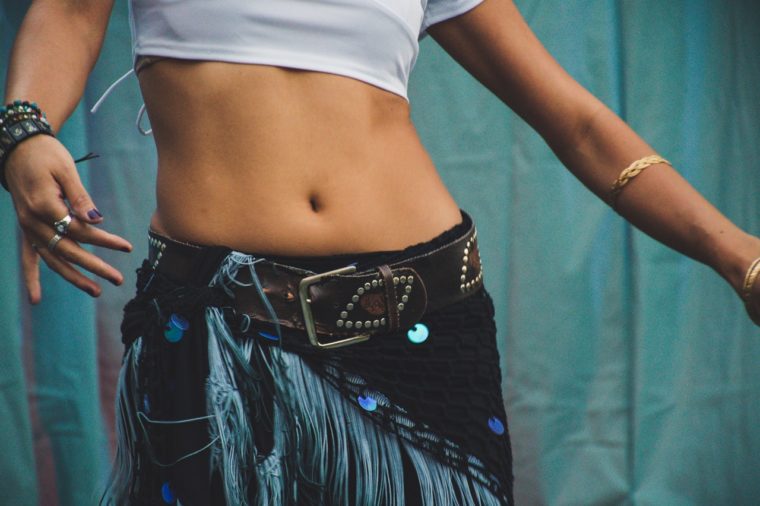Many of us feel frustrated by our repeated attempts at weight loss. We understand that eating fewer calories is important in order to lose weight, but the evidence on the specifics is conflicting. When exactly throughout the day should we consume the calories? Should we eat less more frequently or is three meals a day ideal for weight loss? Some diets suggest eating twice a day, while others recommend eating every three to four hours.
If you find that aspects about meal frequency, calorie intake and other information related to healthy living is overwhelming and confusing, be sure to check out Analyze That as they will help you to scrutinize, inspect and dissect the vast amount of health information available on the internet. This will help you to make informed choices about your health.
Benefits And Disadvantages Of Eating More Often
- Benefits of eating regularly: Overeating can be prevented as you will experience an increase in fullness and a decrease in hunger. It also gives you more opportunities to include healthy foods in your diet such as whole grains, fruits and vegetables. If people (who don’t eat that often) become really hungry, the risk increases for them to make unhealthy, high-calorie food choices such as soda and pizza. This might also cause them to eat way too much at one sitting.
- Disadvantages of eating regularly: We learn to respond to cues such as time of day or food availability rather than fullness and hunger. This can cause overeating or mindless eating.
What Does The Research Show?
A study done on eating frequency found no difference between gorging and nibbling when assessing total energy expenditure. Various interventions have been done where calories are kept static while modifying meal frequency. No difference was noted between the two groups’ metabolic rate within a period of 24 hours. There were also no changes in weight loss. The metabolic rate only declines when calories are dropped significantly and are, therefore, not based on meal frequency.
There are not many studies that look at body weight gain and increased meal frequency, but it does seem that once again weight gain can only be associated with higher caloric intake rather than meal frequency.
What About Fasting?
If we believe that eating frequently will keep the metabolic fire stoked, the other side of the equation implies that during periods of ‘not eating’ the metabolic rate should become depressed. According to studies, this is not the case as an increase in metabolic rate is seen after 36 hours of fasting and it does not change at all for up to 72 hours of fasting. Adrenaline does increase after 72 hours of fasting and even at 48 hours, adrenaline induces larger amounts of heat production.
It is also interesting to note that not eating every other day (Alternate Day Fasting) for 22 days does also not result in a metabolic rate decrease. This is only the case for nonobese adults and when instructed to eat twice as much food on the days that they are allowed to eat – in order to compensate.
This means that there isn’t a direct relationship between weight gain and meal frequency and there is no evidence to suggest that meal frequency does anything bad or good for the metabolic rate. There are many other health habits which you should rather look into which will influence weight changes and metabolic rate to a much larger scale, such as exercise.
Food Quality Versus Eating Frequency
A much more effective way to lose weight is to replace high-calorie or low-quality foods with low-calorie or high-quality foods without changing the volume of food you eat daily. The amount of calories per gram of food is known as energy density. Vegetables, for example, have a much lower energy density than butter or red meat. You can easily lose weight by replacing high-density foods with low-density foods. Here are a few examples:
- Save 100 calories by replacing 1 cup of pasta with 1 cup of broccoli and ½ cup of pasta.
- Save 125 calories by replacing 1 cup of rice with 1 cup of spinach and ½ cup of rice.
The Takeaway
On one side of the coin, eating meals at least three times a day will keep you fuller for longer and there is less chance that you will overeat, however, this does not necessarily mean that you will lose weight especially if you are not eating quality foods. Since we are all unique, what works for one person may not work for you. Our dietary needs differ and there are various factors to consider such as genetics and lifestyle. A dietician can help you reach these goals by providing you with a unique nutrition plan which is designed around all these factors. Making simple changes to your lifestyle such as balancing your meals, exercising and cutting out foods that have little to no nutritional value can also make a difference to how you look and feel.





